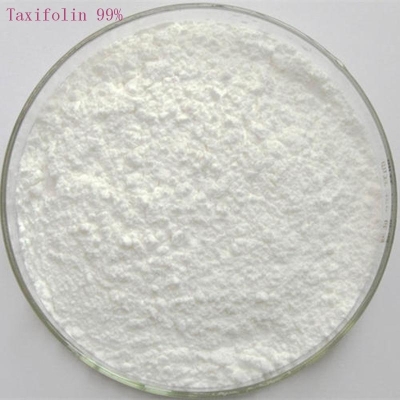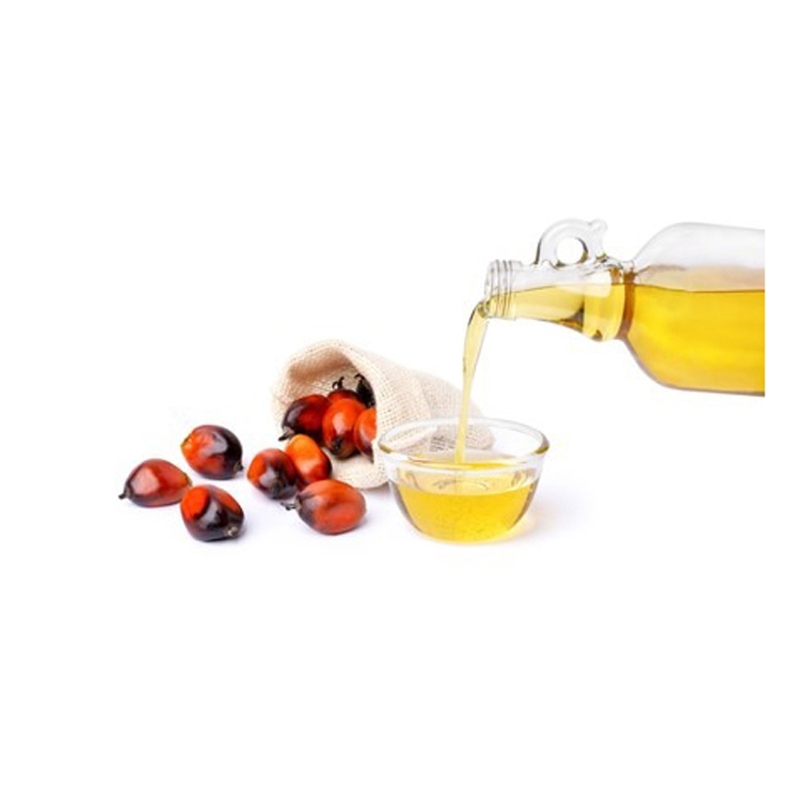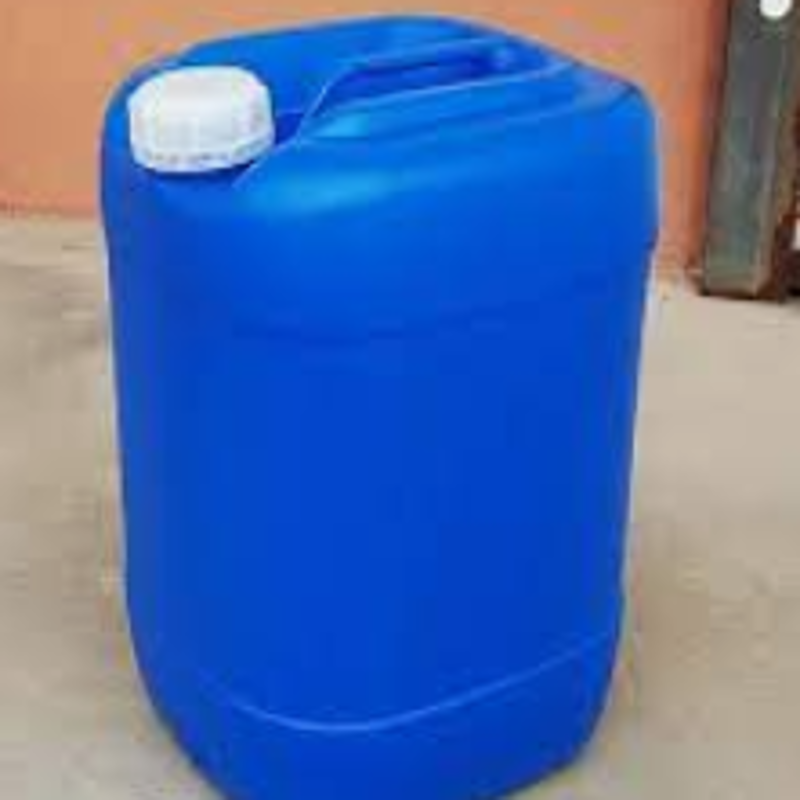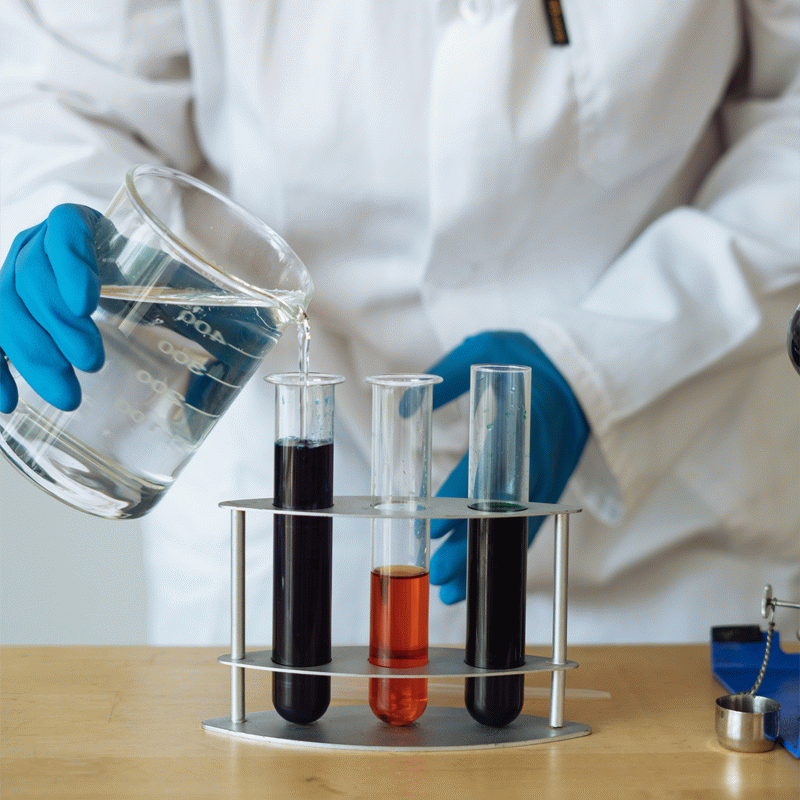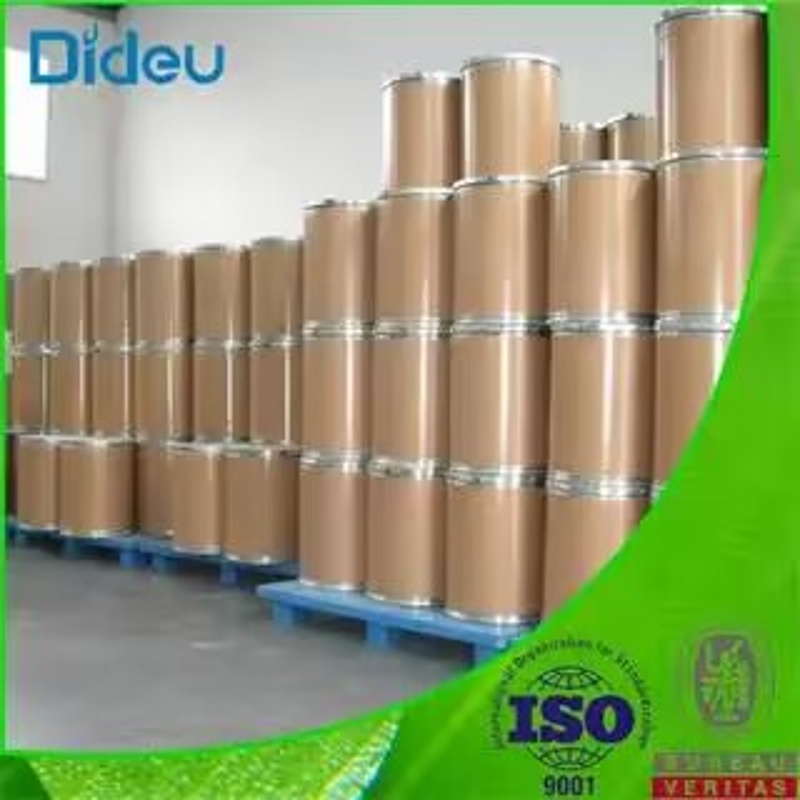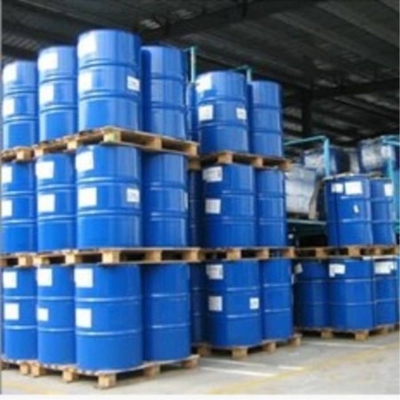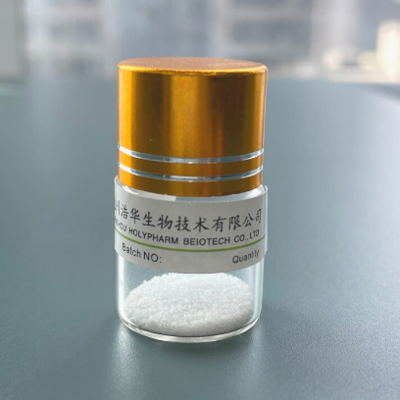Cosmetic Ingredient
- • Abrasive (124)
- • Absorbent (84)
- • Anticaking (66)
- • Anticorrosive (25)
- • Antifoaming (19)
- • Antimicrobials (290)
- • Antioxidant Ingredient (393)
- • Antiperspirant (20)
- • Antiplaque (48)
- • Anti-seborrheic (38)
- • Anti-sebum (39)
- • Antistatic (458)
- • Astringent (162)
- • Binding Agent (172)
- • Bleaching Agent (53)
- • Buffering (191)
- • Bulking (109)
- • Chelating (122)
- • Cleansing (679)
- • Cosmetic Colorant (212)
- • Cosmetic Preservative (158)
- • Denaturant (45)
- • Deodorant (98)
- • Depilatory (27)
- • Dissolving Agent (298)
- • Emollient (795)
- • Emulsifying Agent (480)
- • Emulsion Stabilising (154)
- • Exfoliating (19)
- • Film Forming (299)
- • Flavouring (72)
- • Foam Boosting (161)
- • Foaming (101)
- • Fragrance Ingredient (726)
- • Gel Forming (19)
- • Hair Conditioning (670)
- • Hair Dyeing (363)
- • Hair Fixing (36)
- • Hair Waving or Straightening (45)
- • Humectant (282)
- • Hydrotrope (92)
- • Keratolytic (20)
- • Light Stabilizer (80)
- • Moisturising Agent (50)
- • Nail Conditioning (42)
- • Occlusive (20)
- • Opacifying (119)
- • Oral Care (123)
- • Oxidising (19)
- • Perfuming (2105)
- • Plasticiser (98)
- • Propellant (19)
- • Reducing (50)
- • Refatting (12)
- • Refreshing (26)
- • Skin Cleansing (388)
- • Skin Conditioning (1751)
- • Skin Humectant (21)
- • Skin Protecting (282)
- • Smoothing (31)
- • Soothing (71)
- • Tonics (155)
- • UV Filter (34)
- • Viscosity Controlling (532)
Chemicals as Skincare Ingredients
Related News
-
Shell Considers Partnering with the U.S. and Closing European Chemical Assets
2025-03-26 -
AstraZeneca to Invest $2.5 Billion to Establish Global Drug R&D Center in Beijing
2025-03-25 -
Quaker Houghton Acquires Dipsol Chemicals, Strengthening Advanced Solutions Portfolio
2025-03-27 -
Saudi Aramco CEO: Invest in downstream projects in China's energy, chemical and other fields
2025-03-28 -
ECHEMI High Quality Inquiries (22-26 Mar)
2025-03-27 -
BASF Launches World’s First Polyamide 6 Recycling Plant in Shanghai
2025-03-31
Sort Skin Conditioning Alphabetically
Skin Conditioning
-
- / 99.00%
-
-
Food Grade / 98%
$30-35/KG FOB
-
Chrysin
(480-40-0)-
Industrial Grade / 99%
-
-
- / 0.00%
-
- / 99.00%
Request for quotation , get quotes from more suppliers.
Shikimic acid
(138-59-0)-
Food Grade,cosmetic,medicine / 98%
$33-38.5/G FOB
-
Pharmacy Grade / 99%
-
- / 99.00%
-
API Grade / 98%
Request for quotation , get quotes from more suppliers.
Palm oil
(8002-75-3)-
Cosmetics Grade / 99%
-
Food grade / 99%
-
Industrial Grade / 99%
-
- / 99.00%
DL-Proline
(609-36-9)-
Pharmacy Grade / 99%
-
- / 99.00%
-
Research and Industrial Grade / 98.00%
-
Pharmaceutical grade / 99%
$10/KG EXW
Request for quotation , get quotes from more suppliers.
-
Food Grade / 99%
-
- / 99.00%
-
Chemical Grade / 99%
-
Pharmacy Grade / 99.5%
Request for quotation , get quotes from more suppliers.
Dimethicone
(9006-65-9)-
Cosmetic,pharmaceutical grade / 99%
-
Cosmetics Grade / 99%
-
Cosmetics Grade / 99%
-
Cosmetics Grade / 99.5%
$1-1.2/MT FOB
Beeswax
(8012-89-3)White wax is also used as a film coating in sustained-release tablets. White beeswax microspheres may be used in oral dosage forms to retard the absorption of an active ingredient from the stomach,
-
Cosmetics Grade / 99.99%
-
Cosmetics Grade / 99%
-
Cosmetics Grade & Food Grade / 100%
-
Request for quotation , get quotes from more suppliers.
Paeonol
(552-41-0)2. An anti-inflammatory & anti-lipid peroxidation agent.An active ingredient isolated from paeonol. Its pharmacological effects include anti-aggregation, anti-inflammatory, anti-ischemia-reperfusion injury and anti-lipid peroxidation. Used as an anti-rheumatic medicine, it has anti-inflammatory and analgesic effects.
-
Cosmetic grade / 99.9%
-
Pharmacy Grade / 99%
-
- / 0.00%
-
- / 99.00%
Request for quotation , get quotes from more suppliers.
-
Cosmetics Grade / 99%
-
Cosmetics Grade / 99%
-
Cosmetics Grade / 99%
-
Food Grade,cosmetic,medicine / 99%
$33-38.5/G FOB
Request for quotation , get quotes from more suppliers.
More Information
Skin conditioning are the collective name for ingredients in cosmetics that have effects on the skin, such as whitening, moisturizing, anti-aging, and acne removal. In jargon, they are also called active ingredients in cosmetics. These agents work by replenishing the skin's natural lipid barrier and enhancing its ability to retain moisture, resulting in softer, smoother, and more supple skin.
When skin conditioning agents are applied to the skin, they form a protective layer that helps to seal in moisture and prevent water loss. This barrier also helps to shield the skin from environmental aggressors such as harsh weather conditions and pollutants, promoting overall skin health and resilience.
Common Skin Conditioning
•Whitening agents: reduce melanin deposits and lighten discoloration
•Antibacterial agents: prevent or reduce skin bacterial infections
•Anti-allergic agents: reduce allergic reactions to irritants
















